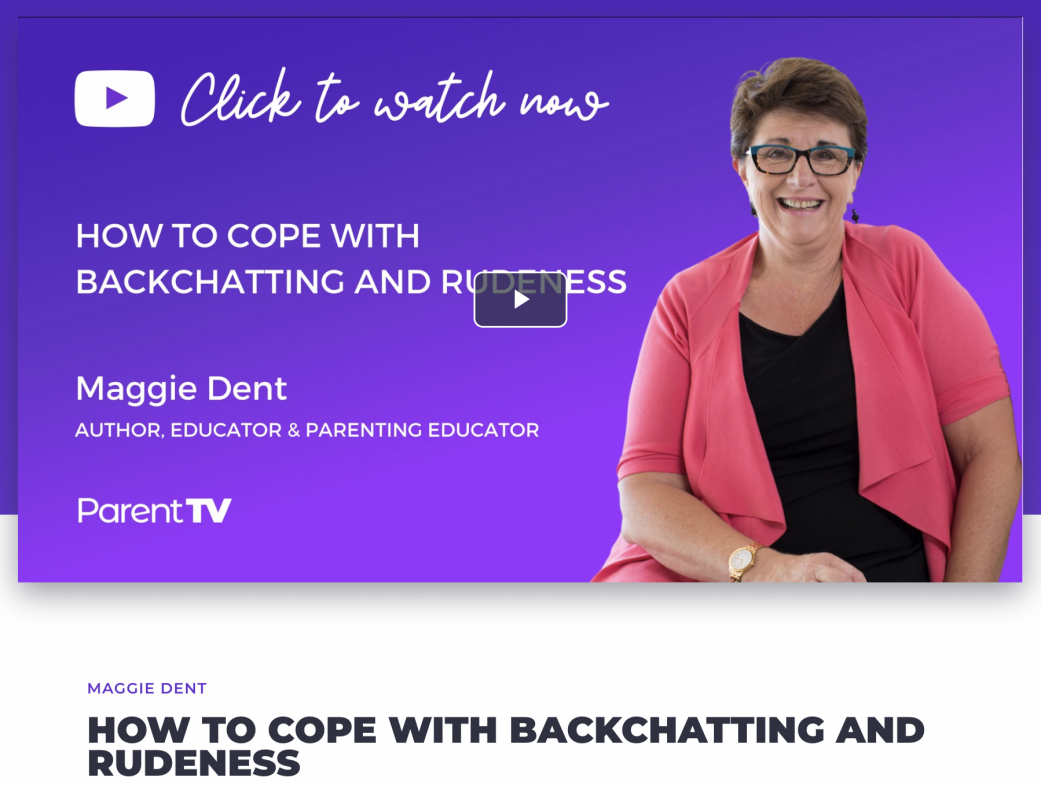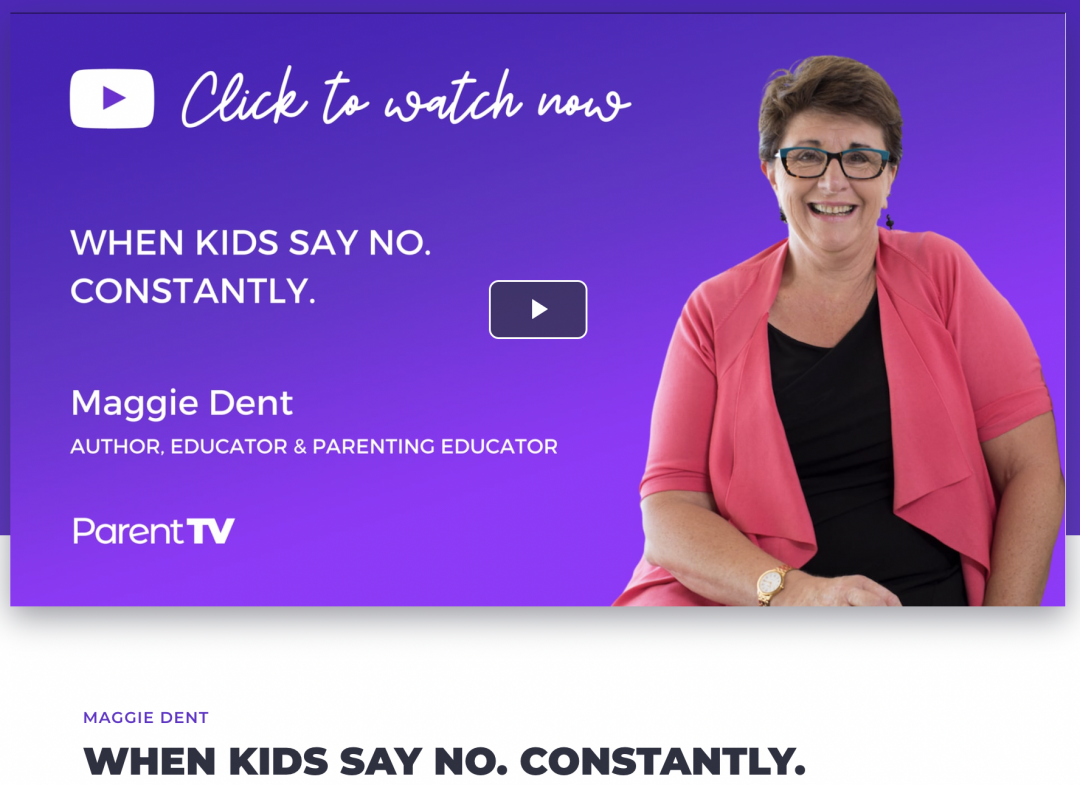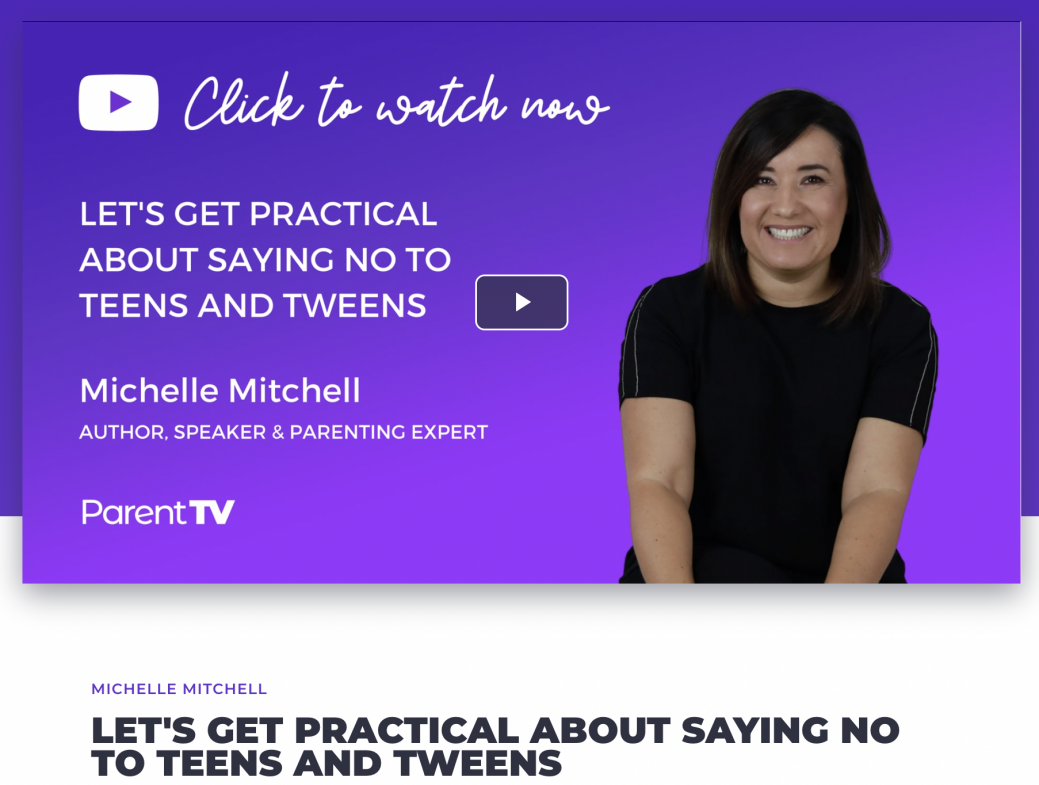How to handle kids who can't take no for an answer
Categories: Behaviour
We all know those moments when our kiddos ones just can’t take “no” for an answer, right? It’s like they have this never-ending well of questions and pleas to get what they want. It can be a bit challenging to handle, but trust me, it’s all part of their growing up. As a parent who’s been through it, let’s dive into some child development science to understand why they act this way and explore ways we can deal with it, all while keeping our sanity intact!
- Brainy Brains and Impulse Struggles
You know those cute little brains that we love so much? Well, they’re still developing, especially in areas responsible for self-control and emotions. That’s why our kiddos can find it tough to handle their impulses. So, when they can’t take “no” for an answer, remember it’s not them being stubborn or trying to annoy you. It’s just their adorable little brains working their way through this phase!
- Let’s Show Some Empathy
When our kids throw a fit or start negotiating like pros, it’s easy to feel exasperated. But, here’s the thing – showing empathy can do wonders. Instead of shutting down their feelings, let’s understand where they’re coming from. Acknowledge their disappointment and tell them it’s okay to feel that way. This connection helps them feel heard and valued, which is so important in building a strong parent-child bond.
- The “No” Zone: Clear Boundaries Ahead!
Setting boundaries might feel like we’re being the bad guys, but trust me, it’s necessary. Kids need to know what’s allowed and what’s not. Keep those rules clear and consistent. If we keep changing them based on their reactions, it’s like sailing in a storm without a compass. Stick to those boundaries, and they’ll learn what’s acceptable and what’s not – even if they push the boundaries from time to time.
- When “No” Isn’t the Final Word
Now, here’s a neat trick to try out. Instead of just saying “no” and ending the conversation there, why not offer them some choices or alternatives? Kids love feeling like they have some control, even if it’s just picking between two options. So, next time they want another cookie before dinner, give them a choice – one cookie now or two after dinner. Boom! You’ve just turned a “no” into a win-win situation!
- Time for Some Emotion School!
Okay, we can’t exactly send our kids to “emotion school,” but we can help them learn to handle their feelings better. When they can’t take “no” well, it might be because they don’t know how to cope with disappointment. Let’s teach them some simple tricks, like taking deep breaths or counting to ten when they feel upset. It’s like giving them a secret superpower to manage their emotions like superheroes!
- Lead the Way, Captain!
Our little munchkins look up to us more than we realize. They learn from watching how we handle life’s ups and downs. So, let’s lead by example and show them how to handle disappointment gracefully. When we don’t get what we want, we can talk to them about how we feel and what we do to feel better. It’s like giving them a roadmap to deal with “no” like a pro!
- A Sprinkle of Praise and a Pinch of Patience
Last but not least, let’s remember to sprinkle lots of praise when they handle “no” moments like champs. Positive reinforcement works like magic. And, it’s okay if they don’t get it right all the time – they’re still learning. So, let’s be patient and keep guiding them gently. We’re in this together, and we’ll see them grow and mature, little by little.
As parents, we’ve all faced those “but why can’t I?” moments from our kids. It’s a natural part of their development, and understanding child psychology can make it a lot less stressful for us all. Remember, showing empathy, setting clear boundaries, offering choices, and teaching them how to manage their emotions are all tools in our parenting toolkit. Let’s keep our cool, lead by example, and shower them with love and patience as we navigate this exciting journey of parenthood together!
If you are looking for further support from some of our ParentTV experts on understanding your child’s development then check out some of our videos below.




